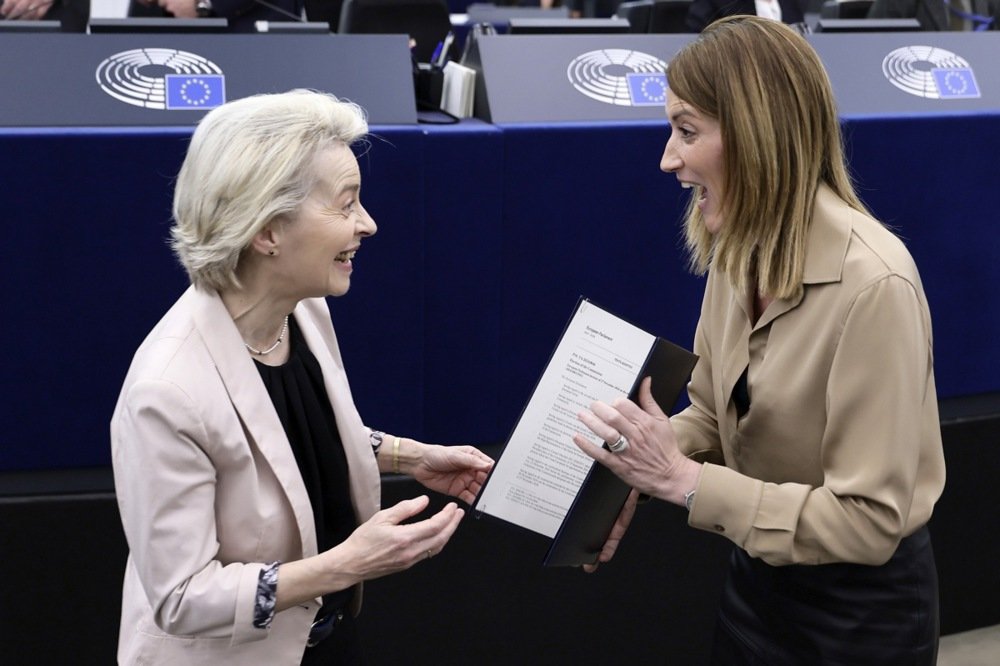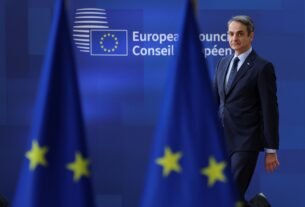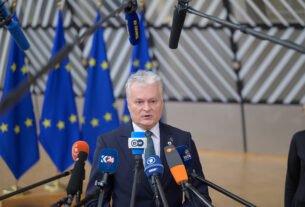The European Commission and Parliament reached a deal on Tuesday to recalibrate the balance of powers between them, according to sources with direct knowledge of the talks.
Under the updated framework agreement, which must now be voted on by all MEPs and rubber-stamped by the College of commissioners, Parliament will get more and faster information on non-binding international agreements, such as the controversial 2023 Memorandum of Understanding with Tunisia and more relevant commissioners appearing in plenary debates.
As for the Commission, it gets a more formal consultation on tweaks to the assembly’s internal rules (some of which have irked the EU executive), and a pledge that the Parliament will improve the presence of MEPs in the plenary.
The deal, on the eve of Commission President Ursula von der Leyen’s annual speech to MEPs in Strasbourg, comes after months of testy relations between the two institutions.
Parliament President Roberta Metsola launched a court case last month after the Commission and EU states in the Council by-passed MEPs over a new defence loan scheme. Under the deal struck this week, the Commission also committed to provide Parliament with a better rationale whenever it omits them via emergency legislation.
Other changes include Commission guarantees to provide more information about changes to its legislative plans, and to respect the Parliament’s right to suggest the Commission work on new legislation.
In future, any new Commission president proposed by the European Council will have to present their planned team of commissioners to the Parliament before MEPs vote on whether to elect them.
Transparency and control
The Parliament’s negotiators included MEPs Bernd Lange and Sven Simon, while the negotiator for the Commision was veteran commissioner Maroš Šefčovič.
Lange told Euractiv that he hoped the deal would “really strengthen the transparency and control of [the] decision making process in the European Union”.
Meanwhile, member states in the Council of the European Union remain wary.
Ambassadors wrote to von der Leyen and Metsola last November, to express “strong reservations” about the framework agreement, and warn that it would upset the “institutional balance” and go beyond the legal scope of the EU’s treaties.
National governments are particularly irked by the prospect of MEPs having more information about international agreements, and by the idea of the Commission providing more justification for bypassing MEPs on emergency laws.
Asked if he feared EU states’ reaction, Lange texted: “Risk is there, but we tried to avoid open provocation.”
(vc)





